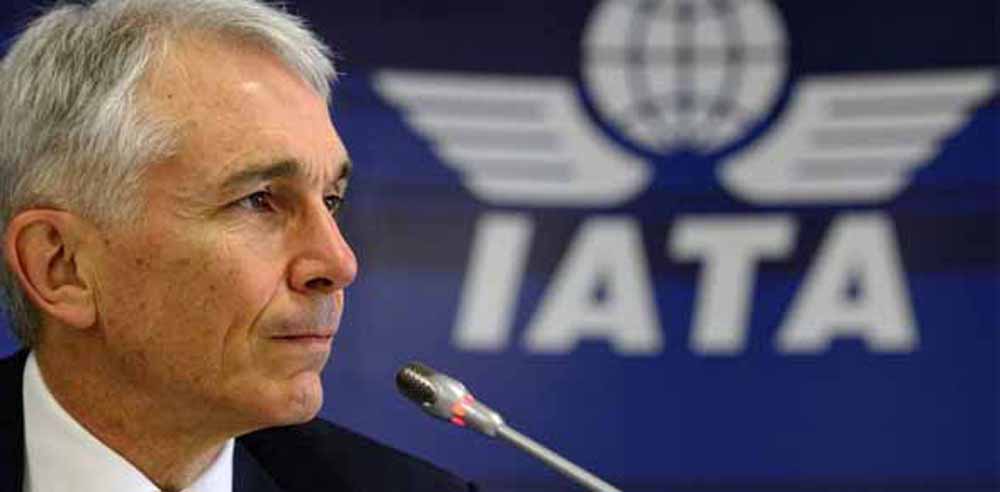Mideast tops world in passenger traffic growth, says Iata chief
By viji Wednesday, 28 October 2015 11:20 AM

"The priorities are cooperation and competition. All stakeholders must work together to ease airspace congestion and reduce flight delays in the Gulf."
28 October 2015
The Middle East is the fastest growing region for passenger traffic as January-August numbers rose 13.2 per cent year-on-year, said Tony Tyler, director general and chief executive officer (CEO) of the International Air Transport Association (Iata).
More growth in passenger traffic is expected next year, Tyler said.
At the Iata Middle East Aviation Day in Abu Dhabi, the Iata director-general highlighted the importance of overcoming airspace congestion, taking advantage of innovations and aligning with the global industry strategy to reduce climate change for the further successful development of aviation in the Middle East.
"The priorities are cooperation and competition. All stakeholders must work together to ease airspace congestion and reduce flight delays in the Gulf. We must stay aligned with the global strategy to reduce our climate change impact. The region's players need to take full advantage of a new era in airline distribution that will unleash innovation," said Tyler.
Shaikh Sultan bin Tahnoon Al Nahyan, chairman of Abu Dhabi's Department of Transport; and James Hogan, Etihad Airways president and CEO, also spoke at the event.
According to Iata's latest passenger forecast, the Middle East will continue to be one of the fastest growing regions in terms of passenger traffic, expanding 4.6 per cent per year on average to 2034.
"The Middle East's success is a testament to the tremendous investment in people, infrastructure and aircraft that has transformed air connectivity, particularly in the Gulf. But growth brings challenges that must be met. Chief among them at present is cooperation to bring greater efficiency to air traffic management [ATM]. The challenge is to look beyond merely national issues and focus on a bigger picture - the strategic development of aviation across the Middle East," said Tyler.
The growth in air transport movements is causing significant airspace congestion and urgent measures are needed to improve matters.
A strategic group, the Middle East ATM Enhancement Programme, exists to coordinate policy, operational and technological change, and states must commit to help it succeed.
"The challenge is to increase the overall efficiency of the ATM system of the region through improved airspace design and organisation.
Moreover, individual developments in ATM and airspace capacity are not enough: collaboration among aviation stakeholders is essential to realise the full potential of national projects," said Tyler.
Airline distribution is on the verge of a major modernisation as the New Distribution Capability standards begin to be implemented.
NDC is the development of a modern, Internet-based data standard for communication between airlines and travel agents. As a result, air travellers will benefit from greater transparency and access to all of an airline's offerings when shopping via a travel agent or online travel site.
"The NDC standard will bring widespread advantages. Airlines will be able to bring innovations to market faster. Travel agencies will have a wider range of products and services to sell," said Tyler.
Numerous pilot schemes are under way to implement NDC into airline operations, including an advanced trial with Qatar Airways.
In a presentation ceremony during the morning of the Aviation Day, Rotana Jet was recognised for being the first airline in the Middle East to deliver transactions using the NDC standard.
"NDC is the perfect illustration of how collaboration on global standards helps to spark even greater innovation and competition within the airline sector. With their burgeoning reputation for service quality, I am sure Middle Eastern carriers will be well-placed to prosper with this new platform," said Tyler.




























Add new comment